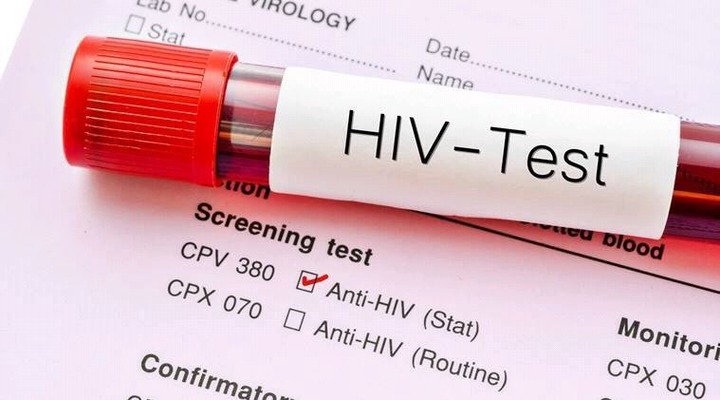The Human Immunodeficiency Virus (HIV) remains a significant threat to public health worldwide, with some individuals being more susceptible to the infection than others due to their specific genetic makeup. This article, deriving insights from Verywellhealth, aims to elucidate the categories of individuals who exhibit heightened resistance to HIV.
In groundbreaking research conducted in 2009, scientists discovered that certain genetic mutations could potentially bolster resistance to HIV. Verywellhealth has highlighted that a specific protein, commonly referred to as pK, can help heighten this resistance.
The term “pK” in the context of proteins refers to a concept in biochemistry known as the protein’s “pKa”. The pKa, or the negative logarithm of the acid dissociation constant, is a measure of the acidity of a solution.
Studies proclaim that cells abundant in pk are notably more challenging for HIV to invade than those devoid of this protein.
The cellular composition forms the fundamental basis of the human body, and alterations in cell functionality are termed genetic mutation in medical parlance.
While negative genetic mutations could engender illnesses like cancer and sickle cell, positive genetic alterations have the potential to enhance our resistance to diseases such as diabetes and heart disease.
Cutting-edge research substantiates that individuals possessing high levels of the pk protein typically exhibit stronger resistance to HIV. Nonetheless, a more comprehensive exploration is mandated to validate this premise unequivocally.

